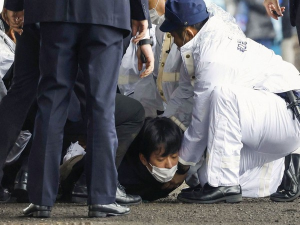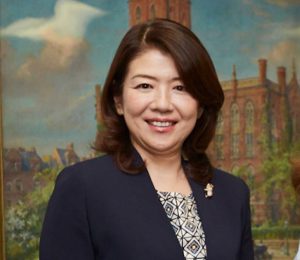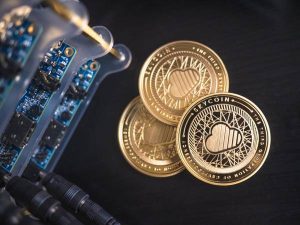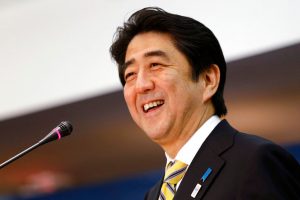Former Prime Minister Shinzo Abe was on Friday gunned down while he was campaigning for a parliamentary election. He was the longest-serving leader of modern Japan and the killing shocked the country where guns are tightly controlled and political violence are almost unthinkable.
The 67-year-old politician was pronounced dead around five and a half hours after the shooting in the city of Nara. Police arrested a 41-year-old man and said the weapon was a homemade gun.
Also read: Shinzo Abe shooting: How does one obtain a gun in Japan?
Speaking to reporters, Prime Minister Fumio Kishida said, “I am simply speechless over the news of Abe’s death.”
Earlier, as Abe still was in the hospital where doctors tried to revive him, Kishida struggled to keep his emotions in check.
“This attack is an act of brutality that happened during the elections – the very foundation of our democracy – and is absolutely unforgivable,” he said.
Also read: What is cardiopulmonary arrest, cause of ex-Japanese PM Shinzo Abe’s death?
Abe had been making a campaign speech outside a train station when two shots rang out. Security officials were then seen tackling a man in a grey T-shirt and beige trousers.
Speaking to reporters, businessman Makoto Ichikawa, who was at the scene, said “There was a loud bang and then smoke. The first shot, no one knew what was going on, but after the second shot, what looked like special police tackled him.”
Also read: Shinzo Abe death: Was ex-Japan PM Tetsuya Yamagami’s target?
Kyodo news service published a photograph of Abe lying face-up on the street by a guardrail, blood on his white shirt. People were crowded around him, one administering heart massage.
Abe was taken to hospital in cardiopulmonary arrest and showed no vital signs. He was declared dead at 5:03 pm (0803 GMT), having bled to death from deep wounds to the heart and the right side of his neck.
Also read: Shinzo Abe cause of death: Ex-Japanese PM suffered excessive blood loss
He had received more than 100 units of blood in transfusions over four hours, Hidetada Fukushima, the professor in charge of emergency medicine at Nara Medical University Hospital, told a televised news conference.
Police said the gunman had admitted to shooting Abe with a handmade firearm he had fashioned out of metal and wood.




